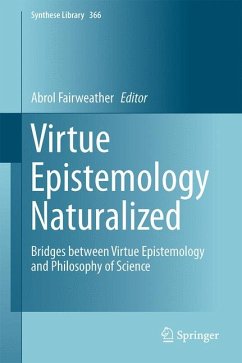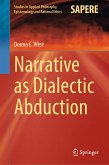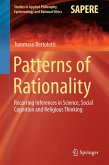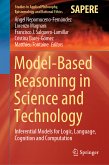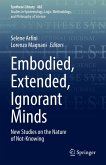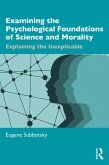Virtue epistemology has opened many new areas of inquiry in contemporary epistemology including: epistemic agency, the role of motivations and emotions in epistemology, the nature of abilities, skills and competences, wisdom and curiosity.
Value driven epistemic inquiry has become quite complex and there is a need for a responsible and rigorous process of constructing naturalized theories of epistemic virtue. This volume makes the involvement of the sciences more explicit and looks at the empirical aspect of virtue epistemology.
Concerns about virtue epistemology are considered in the essays contained here, including the question: can any virtue epistemology meet both the normativity constraint and the empirical constraint? The volume suggests that these worries should not be seen as impediments but rather as useful constraints and desiderata to guide the construction of naturalized theories of epistemic virtue.
Dieser Download kann aus rechtlichen Gründen nur mit Rechnungsadresse in A, B, BG, CY, CZ, D, DK, EW, E, FIN, F, GR, HR, H, IRL, I, LT, L, LR, M, NL, PL, P, R, S, SLO, SK ausgeliefert werden.
"This is a collection of nineteen papers, assembled and briefly introduced by Abrol Fairweather. Together they explore an incredibly broad and fertile range of the connections between virtue epistemology, cognitive psychology, and the philosophy of science. ... Anyone interested in virtue epistemology, philosophy of science, or naturalized epistemology should consider this book an excellent resource." (Sarah Wright, Notre Dame Philosophical Reviews, ndpr.nd.edu, April, 2015)

